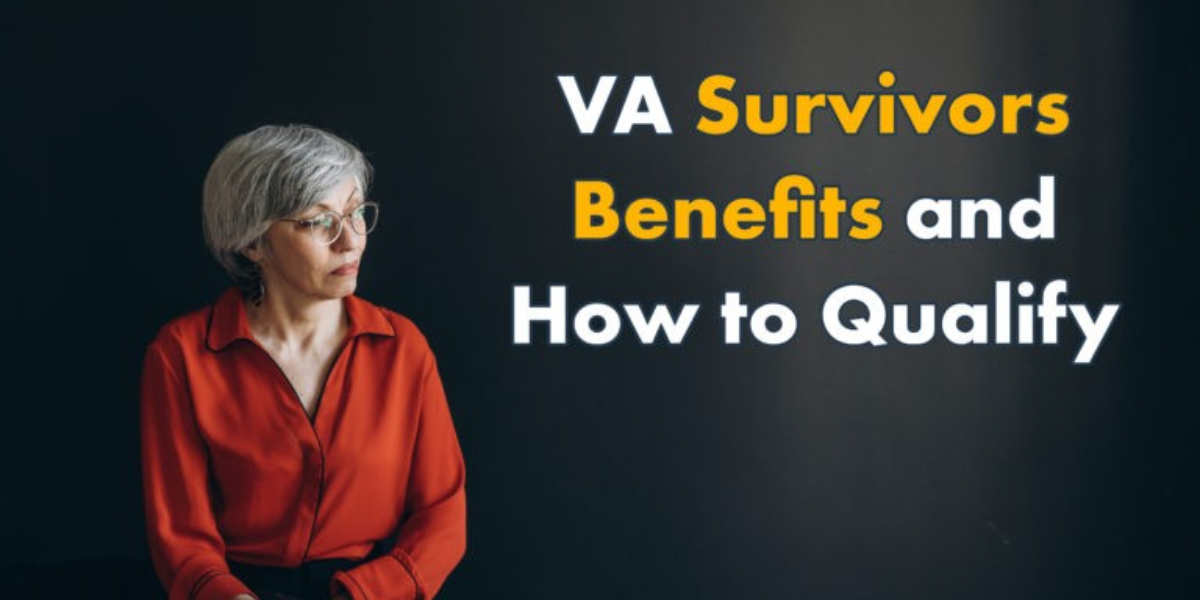Support for Families After a Veteran’s Passing
When a U.S. military Veteran passes away, surviving family members often face not just grief but the unexpected burden of funeral and burial costs. To help ease that financial strain, the U.S. Department of Veterans Affairs (VA) offers burial benefits—but these are not automatically granted. For many, especially surviving spouses, it’s essential to understand what the VA provides and how to file a claim to receive the support that’s available.
Burial Costs: How Much Does the VA Cover?
The VA’s burial benefits vary depending on whether the death is connected to military service. If a Veteran died as a result of a service-related condition on or after September 11, 2001, the VA can reimburse up to $2,000 in burial expenses. This can significantly alleviate the financial load of funeral arrangements.
For deaths that are not related to service and occur on or after October 1, 2024, the benefit is more modest—capped at $978 for funeral and burial expenses, plus an additional $978 if the Veteran is not buried in a VA national cemetery. The VA may also reimburse transportation costs to a national cemetery when applicable.
Eligibility: Who Can File a Claim?
VA burial benefits are not limited to spouses alone. While surviving spouses are often the primary applicants, the VA also allows claims to be filed by children, parents, legal partners, estate executors, or even funeral homes—provided they paid for the burial expenses and have not been reimbursed by any other source such as insurance or an employer benefit.
The Veteran in question must have been discharged under conditions other than dishonorable and meet specific qualifying criteria. These include dying as a result of a service-connected disability, passing away while under VA medical care, or dying while traveling under VA authorization for treatment.
It’s important to note that certain circumstances disqualify a Veteran from receiving burial benefits. For instance, if the Veteran died while actively serving in the military, was a sitting member of Congress, or died while incarcerated in a federal prison, burial benefits would not be provided.
What Documents Are Needed to File?
To apply for these benefits, documentation is key. Applicants need to submit a certified copy of the death certificate, proof of payment for burial and funeral services, and details about the burial itself. For service-connected deaths, additional paperwork such as the Veteran’s DD214 (discharge papers), medical records, and transportation receipts may also be necessary.
The claim can be submitted in several ways—online via the VA website, by mail using VA Form 21P-530EZ, or in person at a VA regional office.
Timing Matters: Be Aware of Deadlines
One of the most important aspects of filing for VA burial benefits is understanding the timelines. For non-service-connected deaths, claims must be filed within two years of the burial date. There are no time restrictions, however, for service-connected burial claims, which allows more flexibility for grieving families.
There is also an exception to the two-year limit: If the Veteran died while under VA care, the time restriction does not apply.
Final Note: Benefits Are Not Automatic
Perhaps the most crucial takeaway for surviving spouses and families is that VA burial benefits are not automatically awarded. A formal claim must be submitted, and documentation must be provided. Understanding the process in advance—or at least shortly after a Veteran’s passing—can prevent unnecessary financial hardship during an already difficult time.
For families navigating loss, knowing these facts can make a meaningful difference. The VA’s burial benefits can offer much-needed relief, but only to those who take the steps to apply.
“This article was written by Mathew Owen. AI tools were used lightly for grammar and formatting, but the ideas, words, and edits are all mine.”


 by
by 

